|
|
|
Editor's note
|
|
Nau mai, haere mai - and welcome to this week’s New Zealand newsletter.
First-generation New Zealanders - people who were born elsewhere but have settled in New Zealand - make up a quarter of the population. This makes New Zealand super diverse, and Auckland in particular is “more diverse than London”. But as AUT cultural studies researcher Arezou Zalipour writes, this diversity is not reflected on our screens.
Globally, more people live in a country other than their place of birth today than ever before. The number of migrants is expected to grow, but Akhteruz Zaman and Jahnnabi Das explain that a clear definition of who is, or isn’t, a migrant remains a challenge.
Last week’s Christchurch Call summit has achieved tangible outcomes, with tech companies and world leaders signing an agreement to eliminate terrorist and violent extremist content online. But Massey University lecturer Kevin Veale says it was only a first step and needs to be followed up with systemic change.
For those of you who are now experiencing Game of Thrones withdrawal, I have resurfaced an earlier article, in which Victoria University of Wellington psychology lecturers Christel Devue and Gina Grimshaw describe how the popular show lives on as a face recognition research tool.
You’ll find more about GoT in the collection of articles from The Conversation’s international editions, which also includes the latest on the Australian elections.
If you’d like to read more interesting articles by New Zealand authors, you’ll find them all on this page. Feel free to forward this email to anybody you think would enjoy this newsletter. They can sign up here. Thank you for reading. Ngā mihi nui ki a koutou.
|
Veronika Meduna
New Zealand Editor
|

|
|
Top stories
|
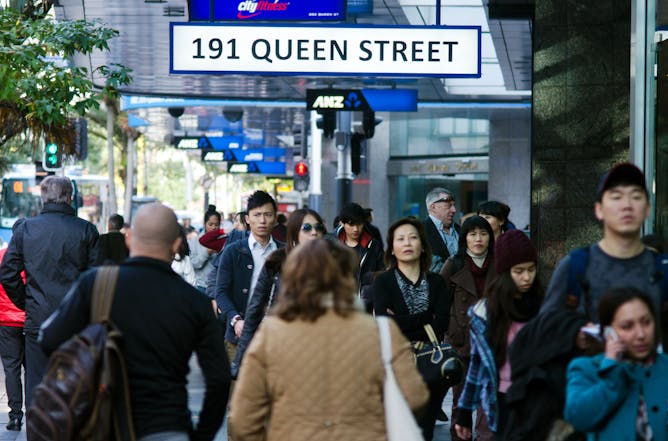
Auckland, New Zealand’s largest city, has the biggest Pacific Islander population of any city in the world and almost a quarter of its residents is classified as Asian.
from www.shutterstock.com
Arezou Zalipour, Auckland University of Technology
New Zealand is ethnically more diverse than most nations, but this cultural mix needs to be better reflected in movies and television productions.
|
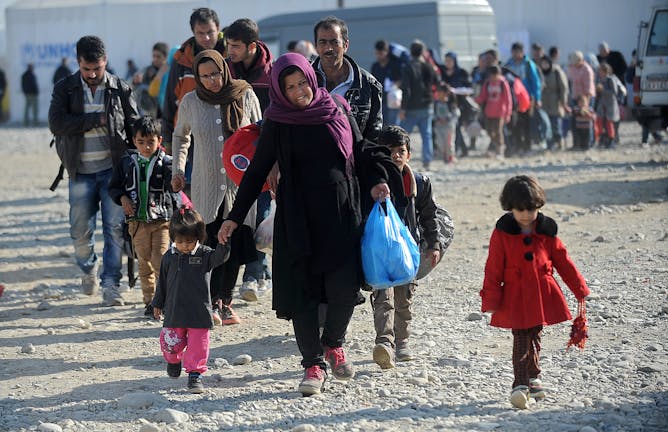
The largest number of migrants in South Asia move to the neighbouring country.
from www.shutterstock.com
Akhteruz Zaman, Massey University; Jahnnabi Das, University of Technology Sydney
Officially, the number of migrants globally reached 258 million in 2017, increasing by 49% since 2000. But the lack of a clear definition of who is or isn't a migrant complicates the issue.
|
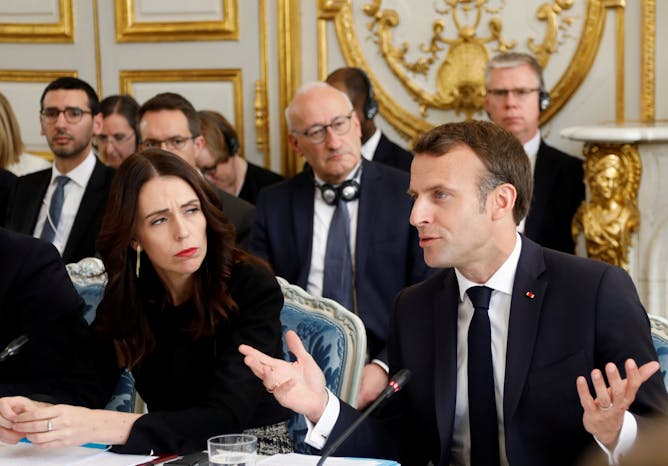
New Zealand Prime Minister Jacinda Ardern and French President Emmanuel Macron at the “Christchurch Call” summit, which delivered an agreement signed by tech companies and world leaders.
EPA/Charles Platiau
Kevin Veale, Massey University
While the "Christchurch Call" summit has made concrete progress, we need to keep up the pressure on social media companies to become more transparent and accountable.
|
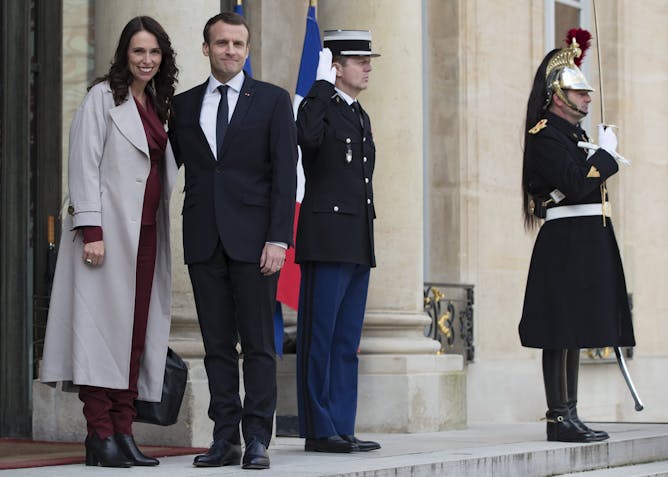
Jacinda Ardern and Immanuel Macron will head up the Christchurch Call meeting, aimed at coordinating international regulation of harmful online content.
Ian Langsdon / AAP
Dan Jerker B. Svantesson, Bond University
Being seen to lead is clearly an important political aspect of managing online content. But internet regulation must focus on creating policy that is clear, accountable, balanced and open to appeals.
|
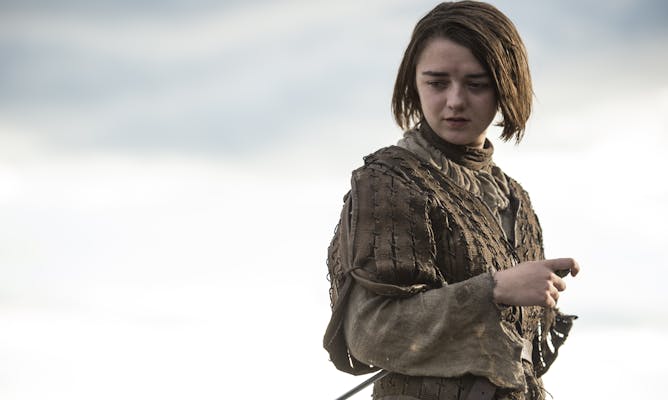
Maisie Williams plays Arya Stark in Game of Thrones and is one of the actors whose face is part of a new test of face recognition skills.
AAP
Christel Devue, Victoria University of Wellington; Gina Grimshaw, Victoria University of Wellington
Facial recognition is a crucial skill, but difficult to test accurately. Researchers are taking advantage of the popularity of Game of Thrones to test the limits of our ability to identify a familiar face.
|
From The Conversation's international editions
|
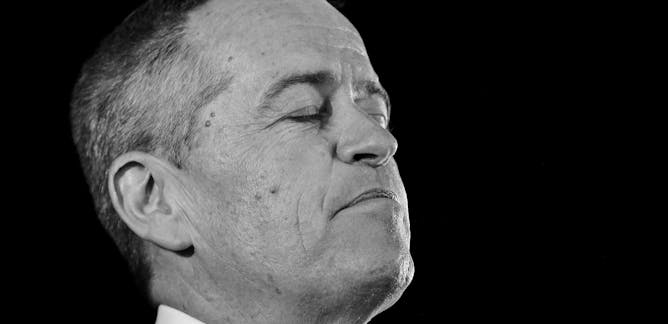
Sarah Cameron, University of Sydney; Ian McAllister, Australian National University
Election data suggests the Coalition's victory wasn't so surprising after all – long-term trends pointed toward a Labor loss, given the various factors in play in this election.
| |
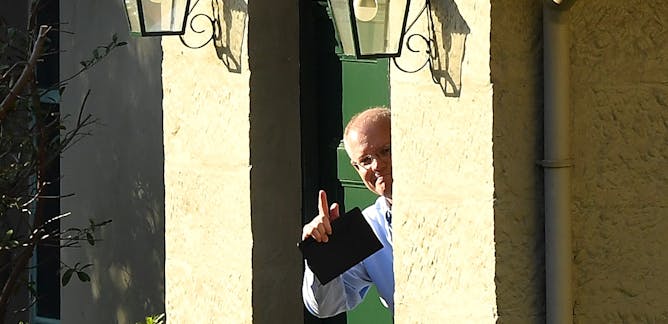
Marija Taflaga, Australian National University
The Coalition should not use this unexpected win to allow itself to be complacent and drift. It needs to work out its agenda for the next three years and how it allows internal debate.
|

David Brynn Hibbert, UNSW
Today marks one of the biggest shake-ups in the history of measurement. But the new standards on how we define units of mass, length, time and so on are not easy to explain.
| |
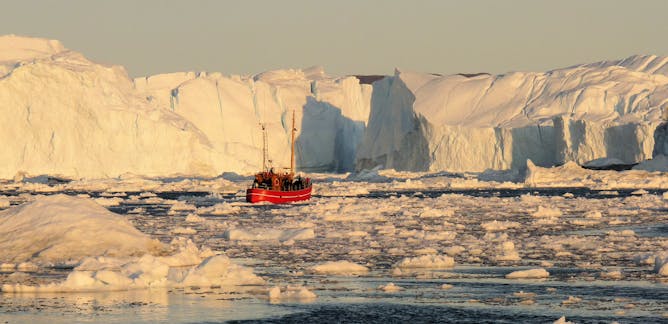
Jonathan Bamber, University of Bristol; Michael Oppenheimer, Princeton University
Sea levels could rise by two metres by 2100, sparking a refugee crisis unlike anything the world has ever seen.
|
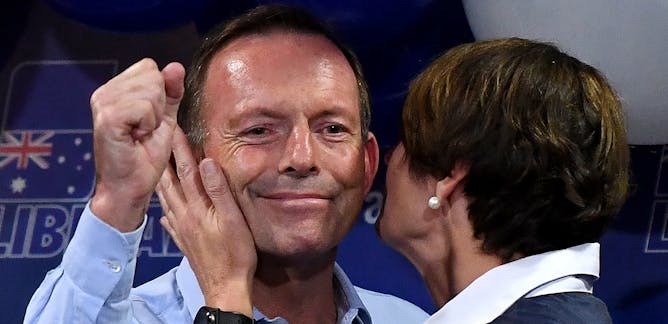
Stewart Jackson, University of Sydney
The result in Warringah can be seen as being fought on local issues, where the former prime minister had come to be out of step with his constituents.
| |
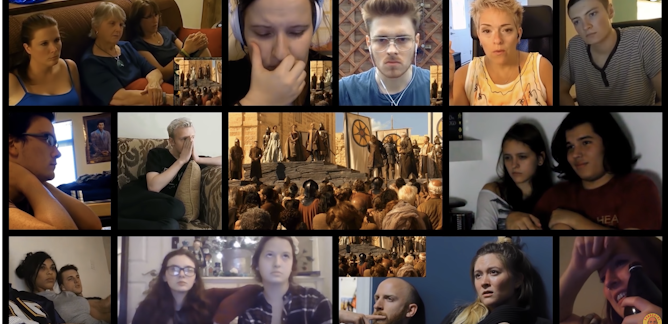
Eric Forcier, Swinburne University of Technology; Lisa M. Given, Swinburne University of Technology
Fan culture is thriving in Westeros. Although HBO's Game of Thrones has ended, fans will ensure that the show lives on (and changes) across multimedia platforms, long into the future.
|
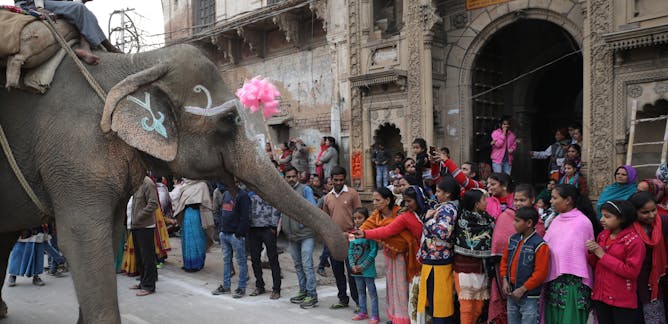
Sudipta Sen, University of California, Davis
India has always been a nation of multiple faiths but the BJP government, which is favoured to be returned this week as winner of the general election, is eroding the country's Muslim heritage.
| |
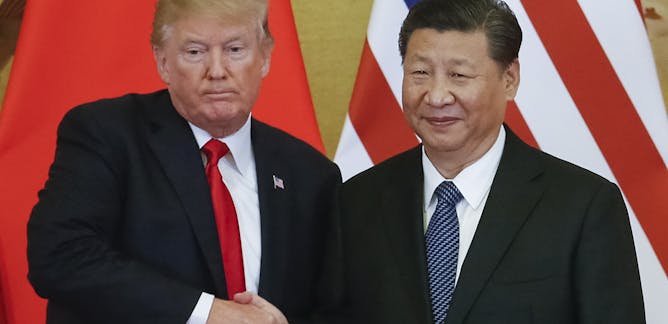
Nick Bisley, La Trobe University
The first great power rivalry of the 21st century has begun – and it's unlike any rivalry the world has ever seen.
|
|
|
| |
| |
| |
| |
| |
| |
|
|
|
|
|
|
|